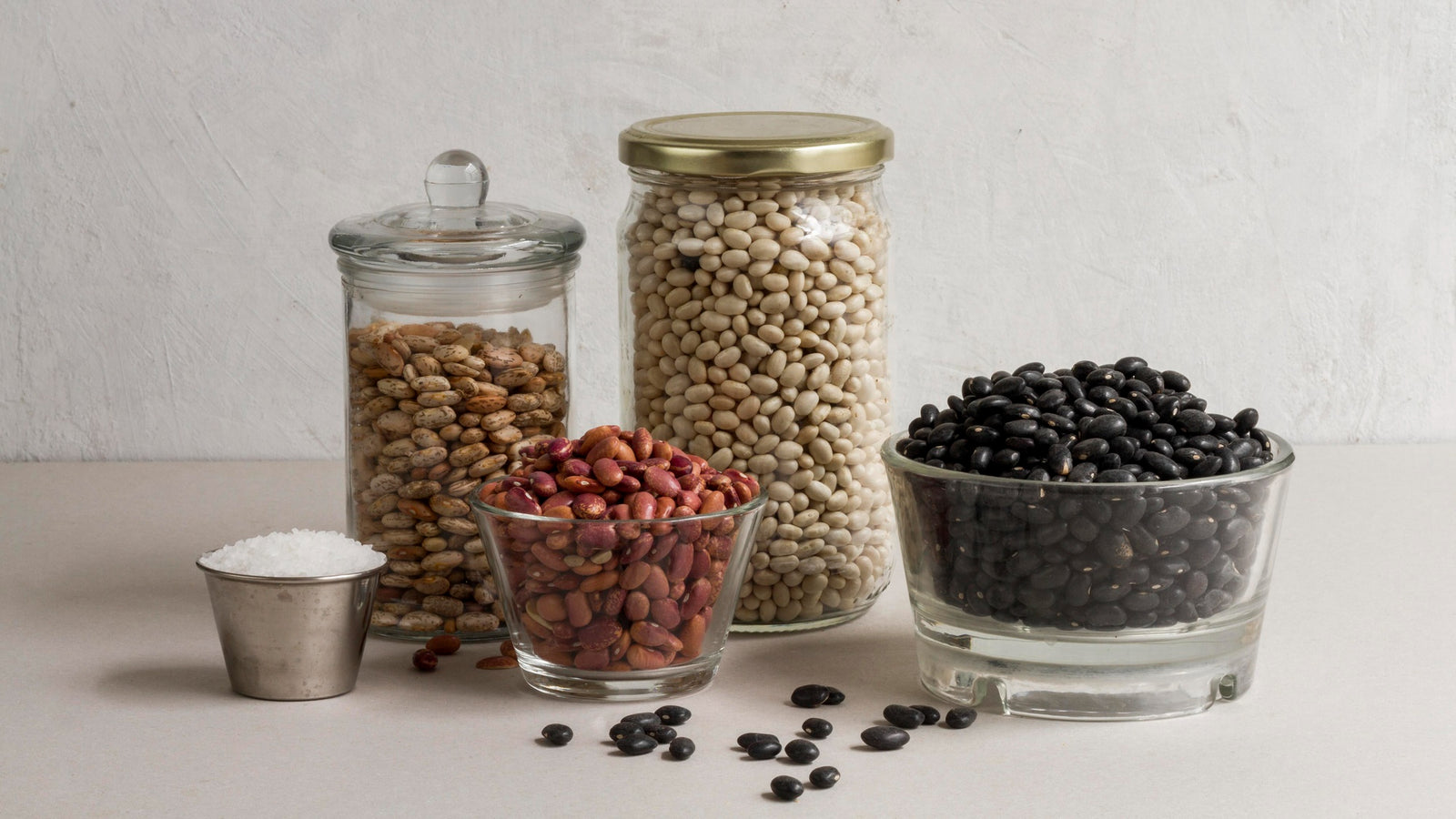
April 28, 2020 2 min read
Origin of sourdough bread
The process of leavening bread through fermentation is as old as bread baking itself. For thousands of years humans have been harnessing the power of naturally occurring lactobacilli and yeast to create sourdough bread. The earliest records of the use of sourdough in the process of breadmaking date back to ancient Egypt around 1500 BC. Though we don’t know for sure how the sourdough process was discovered, many speculate that ancient civilizations discovered it accidentally whendough may have been left out too long before being baked. Wild yeast spores, which live both in the air all around us and on foods such as grapes, wheat, and other grains, were mixed into the dough and allowed to begin to ferment. Bakers would have noticed that the dough that had been allowed to sit undisturbed rose higher and was lighter than the usual flatbreads
 The use of sourdough as a leavening agent for bread was also used across Europe throughout recorded history. Many of the older, darker varieties of wheat used in European countries historically respond well to this process, creating a lighter longer-lasting bread. As European settlers came to the United States many brought this process, along with their sourdough starters, with them. Most notably, French bakers who came to California during the 1840s during the Gold Rush found that the wild yeast in the San Francisco Bay area created a sourdough starter that baked bread that was particularly pleasing in flavor and texture.
The use of sourdough as a leavening agent for bread was also used across Europe throughout recorded history. Many of the older, darker varieties of wheat used in European countries historically respond well to this process, creating a lighter longer-lasting bread. As European settlers came to the United States many brought this process, along with their sourdough starters, with them. Most notably, French bakers who came to California during the 1840s during the Gold Rush found that the wild yeast in the San Francisco Bay area created a sourdough starter that baked bread that was particularly pleasing in flavor and texture.

Unfortunately, both commercially and in most homes, modern bakers have abandoned this ancient process over the past 150 years in favor of the faster, yet less flavorful, dry yeast that most of us are more familiar with. Many home bakers and artisanal bakeries however are beginning to rediscover the art of baking with sourdough.Though it is possible to use this ancient method of baking bread with modern, hybridized, mass-produced wheat, we have found that the ancient process of leavening with sourdough pairs perfectly with our ancient grains. It is much better suited for use with our organic einkorn, Kamut and spelt, as well as with our hard wheats, both white and red.
Recipes:
Related Blogs:
Thanks for reading this Be Still Farms Blog article. To sign up for more news/articles and/or recipes, click here. For more about us, click here. To shop our certified organic products, click here.
Please comment and share and we look forward to serving you in the future!
Comments will be approved before showing up.

April 24, 2024 3 min read
This article explores the unique characteristics and culinary uses of pinto beans, small red beans, and black beans. Highlighting their distinct flavors, textures, and nutritional profiles, the piece delves into how each bean fits into different regional cuisines and cooking methods. From the creamy texture of pinto beans in Mexican dishes to the firmness of small red beans in Caribbean meals and the robustness of black beans in Latin American recipes, this guide offers a comprehensive look at these versatile staples in global kitchens.

April 22, 2024 3 min read
This article traces the journey of organic kasha, also known as toasted buckwheat groats, from its cultivation as a seed to its role in sustainable agriculture and its culinary uses on the dining table. Highlighting the eco-friendly farming practices and nutritional benefits, it delves into how kasha supports both personal health and environmental sustainability. Rich in protein, fiber, and essential nutrients, kasha is celebrated for its unique flavor and versatility in dishes ranging from traditional Eastern European recipes to modern health-conscious meals.

April 17, 2024 3 min read
© 2024 Be Still Farms- Real, Fine Organics.
Privacy | Terms | Refund Policy | Organic Certification
